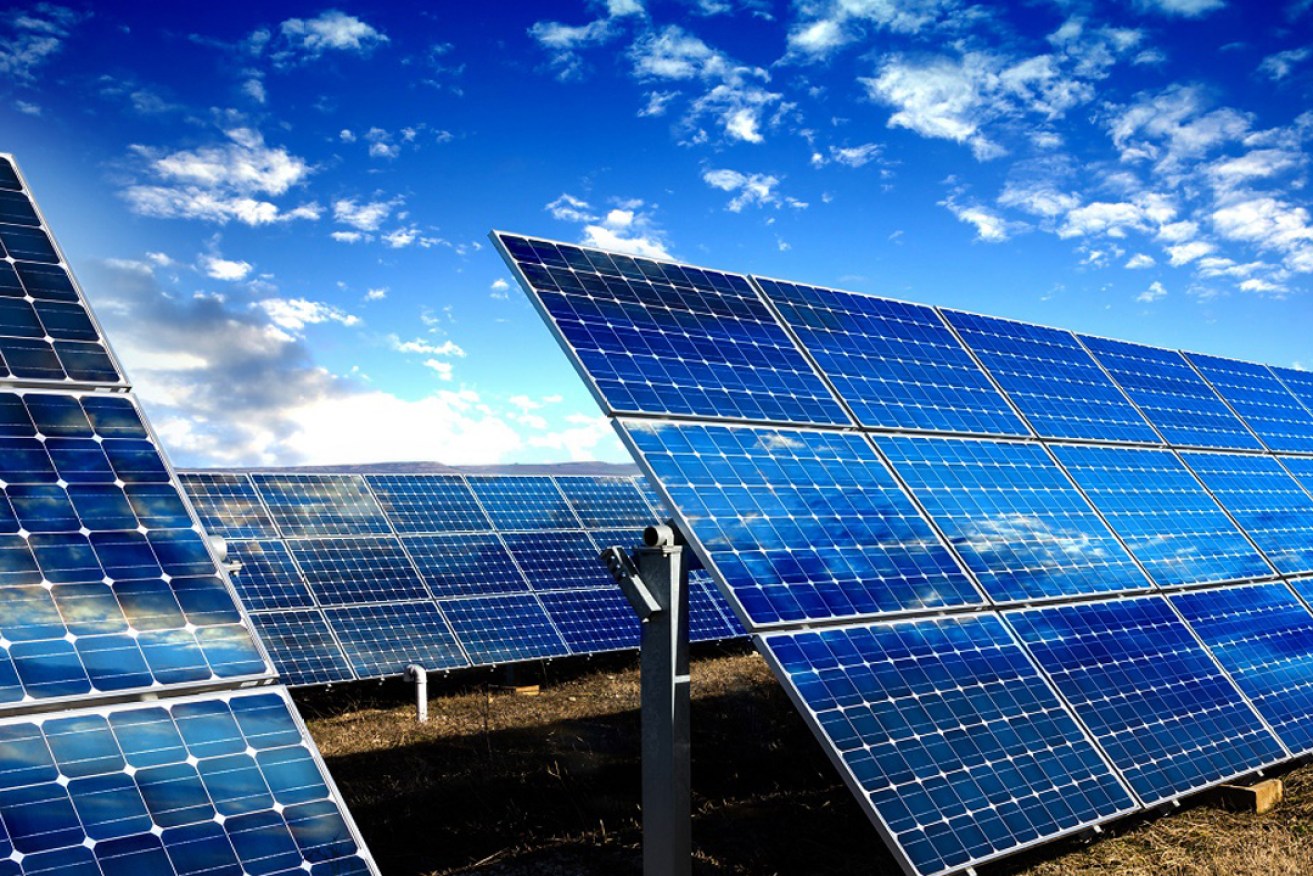Deloitte’s latest Budget Monitor report and the Centre for Economic Development of Australia’s (CEDA) Clean energy precincts report both question the approach being developed by the federal government to back and support renewables projects.
The two reports released today focus on the Albanese Government’s “Future Made in Australia” plan, which will see billions of dollars invested in clean energy projects including up to $1 billion for solar panel manufacturing in Australia.
Deloitte Access Economics’ report was particularly critical, noting that “Australia’s deep, long term fiscal deficit threatens to be eroded further if new industrial policy is poorly designed or poorly implemented”.
The consulting firm said the Future Made in Australia plan “shocked many”, and that the reaction from economists was “swift and loud”.
Report co-author and Deloitte Access Economics partner Stephen Smith said the policy was defined by “fragmentation, a retreat from globalisation, a narrow nationalism across democratic and non-democratic states, and a new triangulation of economic growth, technology, and national security”.
It is in this context that Smith slammed Albanese’s plan to back clean energy projects in Australia such as the domestic manufacture of solar panels. He said that “value for taxpayers and return on investment for the economy over the medium to long run” was paramount.
“A policy that violates the largely bipartisan economic orthodoxy requires careful explanation,” the Deloitte partner said, noting that “nuance has been sorely missing” from the government’s explanation for the Future Made in Australia policy.
“The justification for the policy is that ‘the world has changed’, that ‘others are doing it, therefore so should we’, and that ‘protectionism is the new competition’. Meanwhile, critics have variously been labelled flat-earthers, out of touch with reality, or simply out of their depth.
“That is not nearly good enough. The Future Made in Australia policy is unlikely to stack up when considered using orthodox economic models because it will impose economic costs that outweigh the economic benefits.”
The push to make solar panels in Australia was specifically criticised by Smith, who said that panels made domestically would be more expensive than those that can be imported from China.
“There will only be a market for Australian-made panels if the price of Chinese-made panels is artificially raised by tariffs, quotas or other distortions in the market,” Smith said.
“Why would the Federal Government seek to implement a policy which will impose higher prices on Australian consumers and greater costs on the Australian economy? The only conclusion is that Future Made in Australia is not an economic policy. That is, those advocating for the policy must be taking a broader view of the costs and benefits than orthodox economic models would imply.”
Smith said the “lesson from the pandemic” that panels may one day be unobtainable from China must “loom large in the minds of policy makers”, but that “to date, the case for the Future Made in Australia policy has not been made”.
“A wider and more detailed explanation of the policy merits by those arguing the case is sorely needed.”
Similarly, a new report from CEDA has recommended governments “apply a consistent framework and clearly articulate their objectives” when making investments and backing clean energy projects.
This is to ensure funding goes to those with the best chance of success, CEDA found, noting the planned spend for the domestic manufacture of solar panels by the Federal Government.
The Clean energy precincts: How to seize the green export opportunity report outlines how to prioritise government support for such projects, with CEDA senior economist Andrew Barker noting that Australia “can make a larger contribution to the global transition” through our abundant sun and wind resources.
He said critical minerals were key to the transition too, and Australia should be exporting clean energy and green hydrogen, iron, aluminium or ammonia.
“Countries around the world are accelerating their energy transitions, creating significant demand for green energy and products,” Barker said.
“We can and should develop our comparative advantages to meet this demand and seize these export opportunities.
“Some estimates suggest that while Australia accounts for just over 1 per cent of global emissions, it can replace about another 7 per cent of global emissions through clean exports.”
The report recommends that governments should apply a “consistent framework” when determining what projects to invest in, “recognising public investment in commercial projects requires deeper independent analysis of market opportunities than enabling or guiding development through coordination, shared infrastructure, better planning and community engagement”.
Further, CEDA said clean energy projects needed a “clearly articulated purpose, with measurable objectives” and that “financial support should be explicitly linked to meeting these objectives”.
“The enormous scale of this support creates opportunities, but also increases the risk that we won’t be able to complete over the long term if we choose the wrong projects or technologies,” Barker said.
“Australian governments are already making substantial investments in clean energy precincts, yet complex, fragmented and in some cases outdated planning and permitting processes are delaying progress.
“To be successful we also need to remove barriers to development, engage communities and enable the best projects.”






